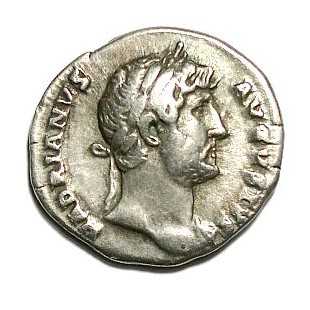This could lead into some political disagreements, but I felt it would be nice to shake things up a bit since the issue with taxes is a sticky one when it comes to Christian practice. I do think it's a pretty important issue.
The scriptures are clear about "rendering unto Caesar what is Caesar's" (Matthew 22:21), but what about those who tax? What are your thoughts on Luke 3:12-13? Because the collectors often took more than they were authorized, could this be 1) regarding obeying authority and 2) respecting the fruits of one's labor?
What about those in the highest places of authority? When they tax, are they violating Exodus 20:15?
Do you believe taxation supports the meaning of Proverbs 19:17 (or maybe more appropriately, 2 Corinthians 9:7) or does it undermine it? Where does charity end and taxation begin?
I suppose we could get into the Denarius (the coin with Caesar's portrait), whether fiat money is evil or not, etc. etc., but that might be getting into way too much all at once.
Happy discussing

PS,
I found THIS ARTICLE <--- from Lew Rockwell to be very fascinating.
The scriptures are clear about "rendering unto Caesar what is Caesar's" (Matthew 22:21), but what about those who tax? What are your thoughts on Luke 3:12-13? Because the collectors often took more than they were authorized, could this be 1) regarding obeying authority and 2) respecting the fruits of one's labor?
What about those in the highest places of authority? When they tax, are they violating Exodus 20:15?
Do you believe taxation supports the meaning of Proverbs 19:17 (or maybe more appropriately, 2 Corinthians 9:7) or does it undermine it? Where does charity end and taxation begin?
I suppose we could get into the Denarius (the coin with Caesar's portrait), whether fiat money is evil or not, etc. etc., but that might be getting into way too much all at once.
Happy discussing


PS,
I found THIS ARTICLE <--- from Lew Rockwell to be very fascinating.
Last edited:

 Of course, I'm not talking about what God chose to do to those who didn't pay their tithes.
Of course, I'm not talking about what God chose to do to those who didn't pay their tithes.